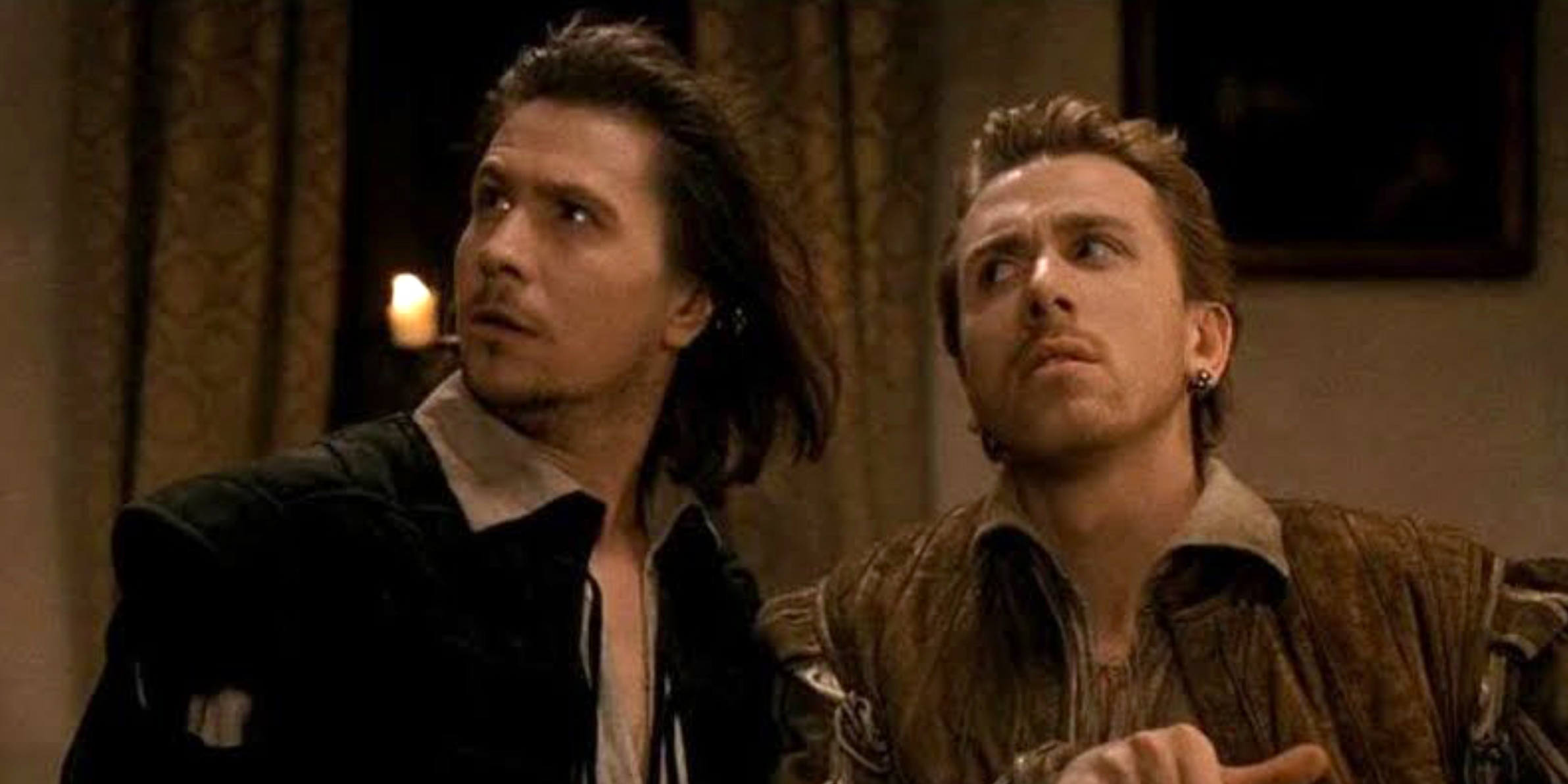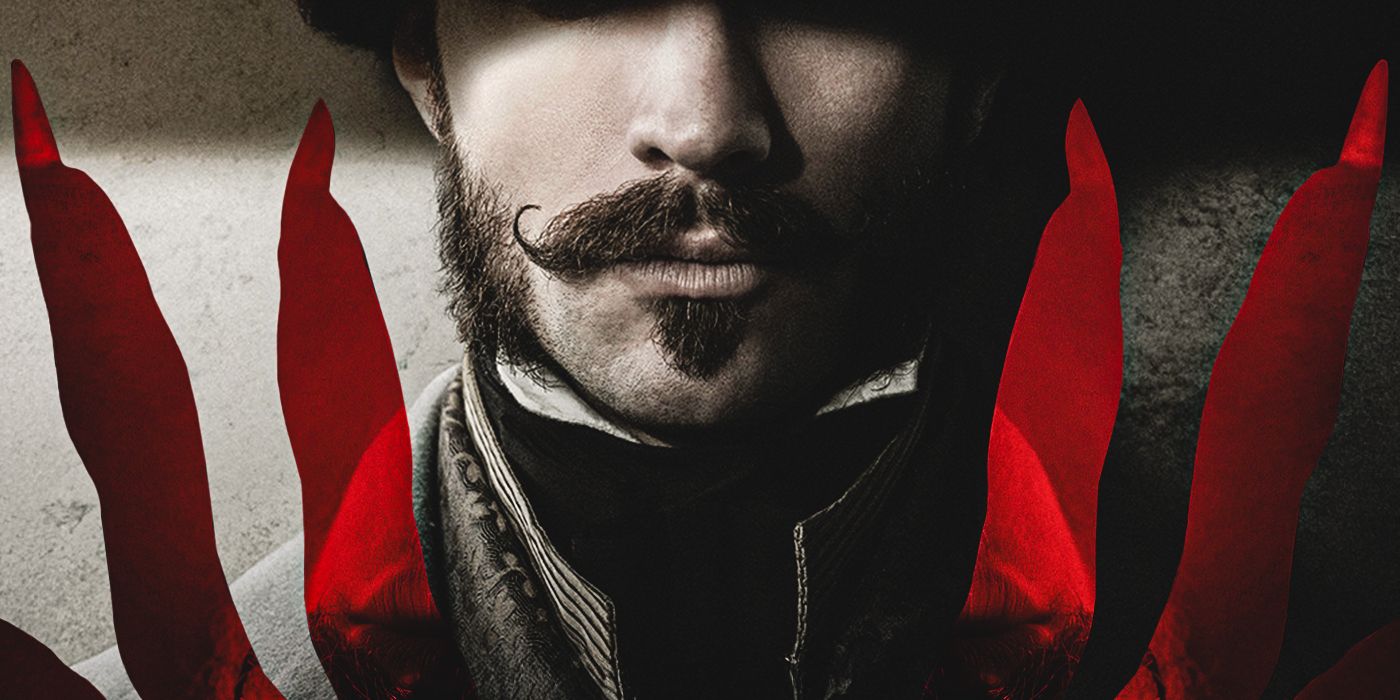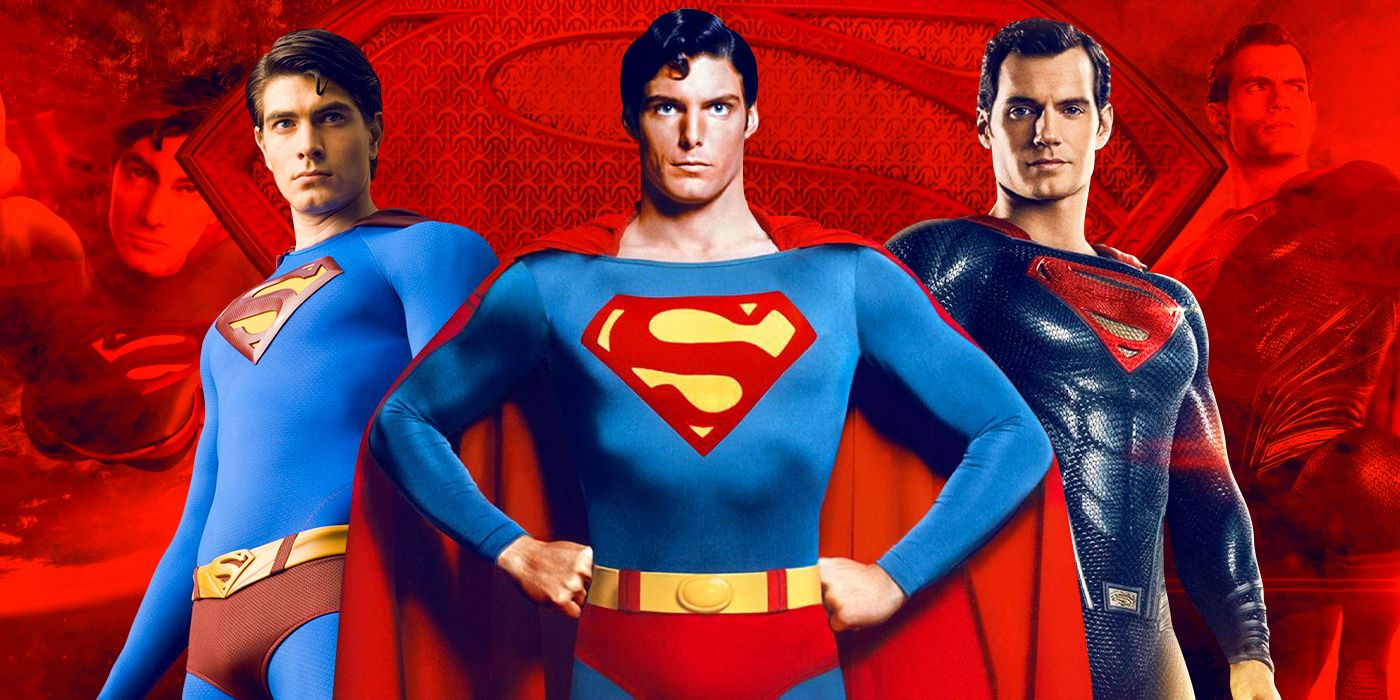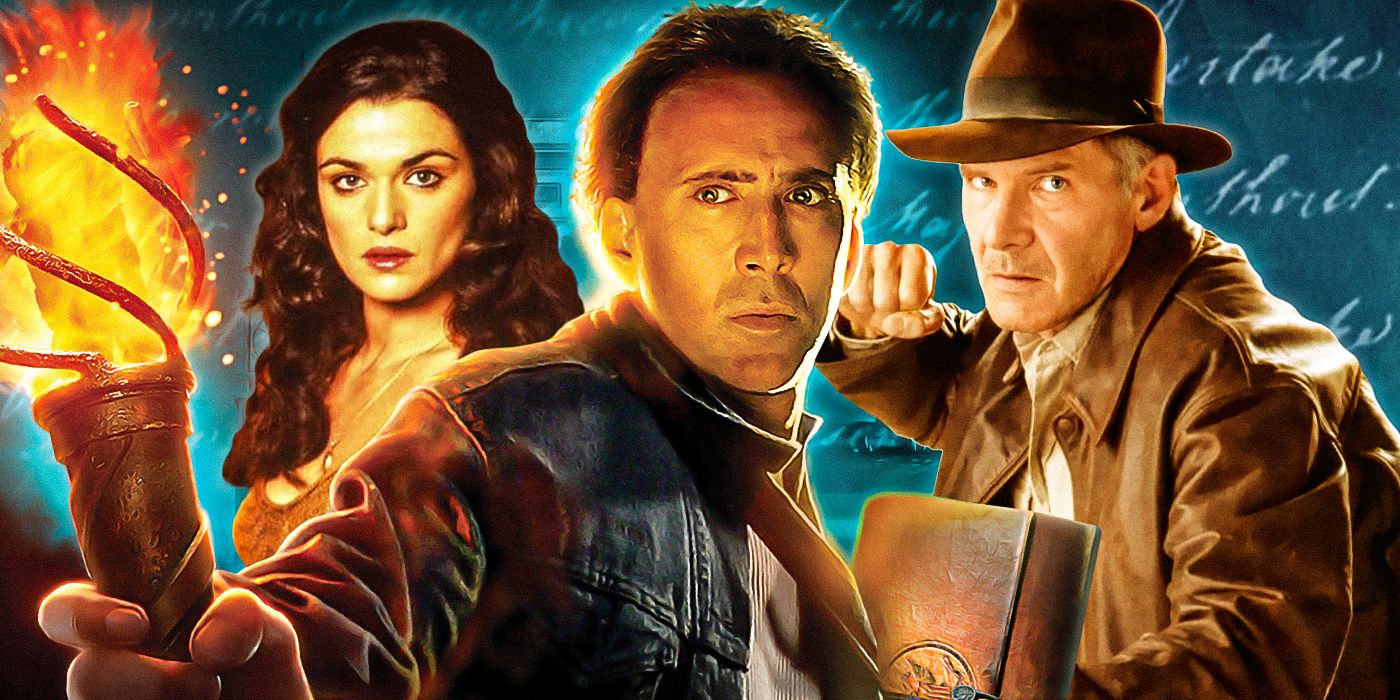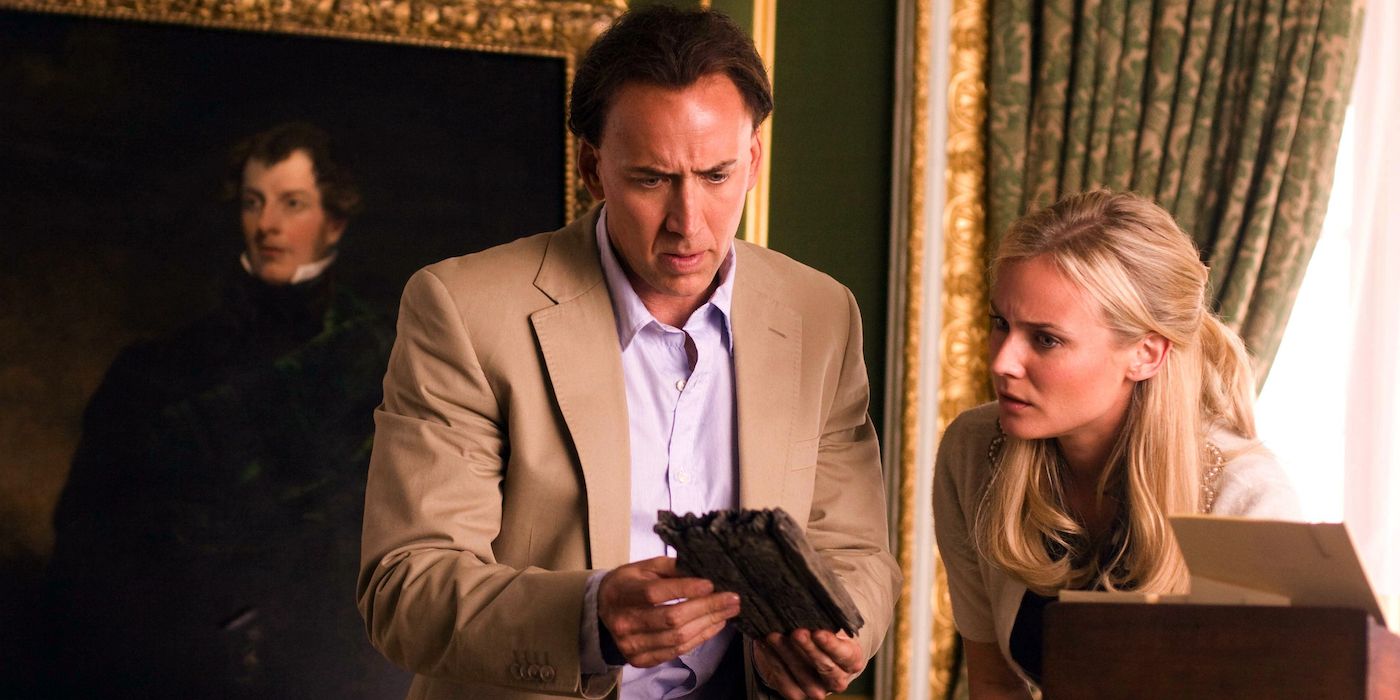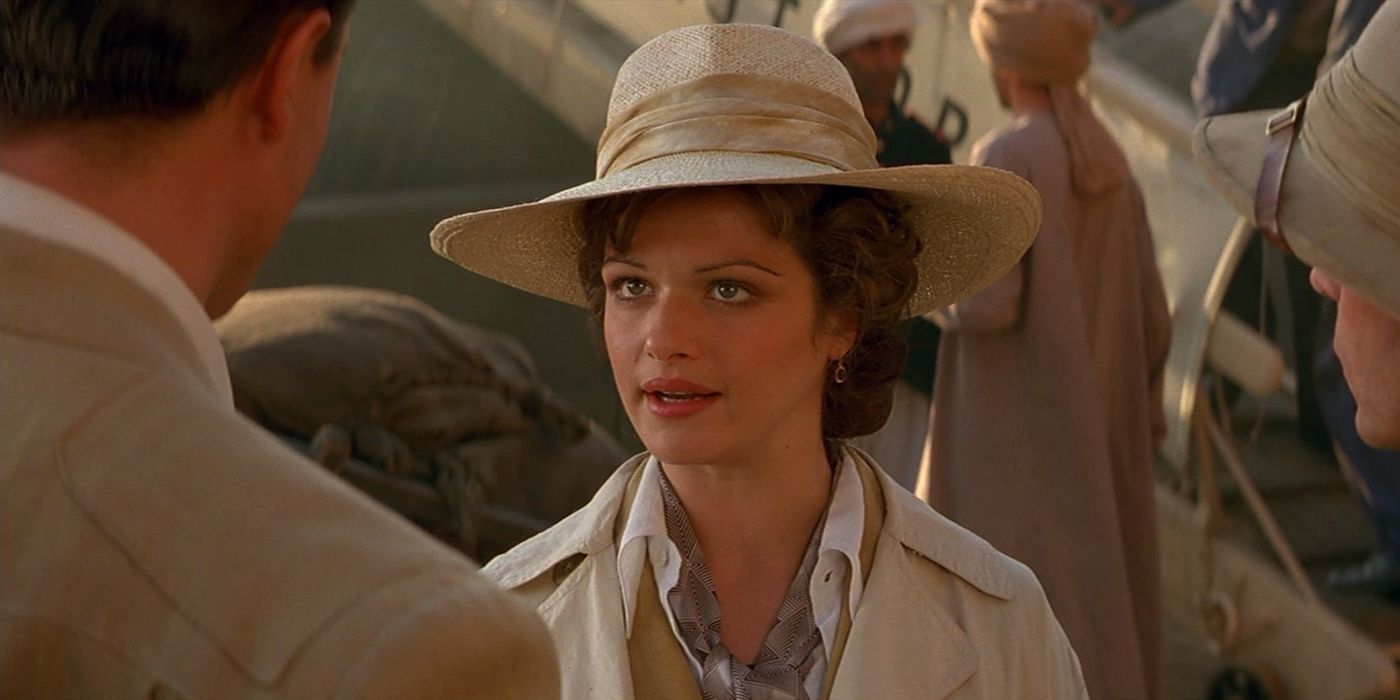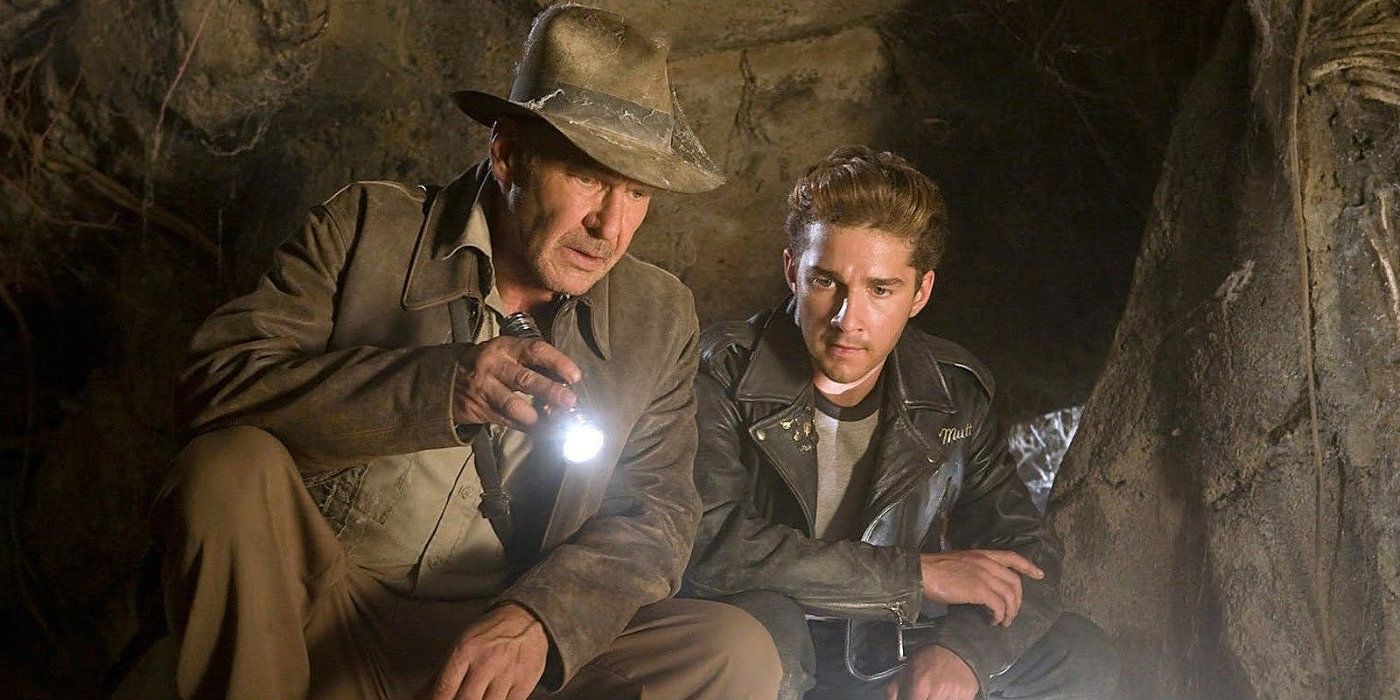It's pop quiz time! Indiana Jones, The Mummy, National Treasure: What do these movies all have in common? Well, they all feature historians, of course! Or, in the case of Indiana Jones, archeologists. For the purpose of this article, he gets to be included; after all, archeologists aren’t completely removed from the field of history. And more importantly, they aren’t immune from being horribly misrepresented in movies.
These three movies are just a few out of the many that depict unrealistically "cool" historians, but are up for discussion because they are perhaps the most widely seen by the general public, and secondly, they have probably made at least a few of us want to be historians. (Not this author, though. My great inspirations came from watching the Night at the Museum films, which, by the way, has one of the best depictions of historians in the first film.)
Let's Be Real: Historians Are Not Thrill Seekers
It’s pretty unfortunate that these movies show historians the way they do. You’ve got Nicolas Cage’s Benjamin Franklin Gates in National Treasure, who straight up steals a major historical document in the hopes that there’s a treasure map on the back of it. Then there's Indiana Jones, who is a pretty unethical guy, even if his stunts are cool. And finally, The Mummy’s Evelyn Carnahan (Rachel Weisz) gets to be almost sacrificed by an undead pharaoh! That sure as hell never happened to me while I was getting my history degree! Historians in movies are often portrayed as thrill seekers, traveling all over to find fabled artifacts and uncover secrets thought to be myths. They’re almost always on the move; you’ll be hard-pressed to find one in the archives pouring over old journals and newspapers, or in libraries surrounded by stacks of books, or even on computers trying to finish papers, articles, or book chapters. No, their jobs are all about searching for the truth! Even if that truth is never completely contextualized or fit into a linear history or used to understand the lives and events of the past!
Of course, historians (and archeologists, for that matter) do travel to many different places. It isn’t uncommon for historians to visit a place that they study the history of to try to find new primary sources, whether they be written, oral, or otherwise. They may go to visit other universities or local museums and archives. They may be a consultant for exhibits or media. Or, perhaps a little closer to our onscreen representatives, they may just be hoping to feel closer to the place they’re studying. However, it definitely lacks the adrenaline high of figuring out how to steal the Declaration of Independence or escaping treasure hunters or making it through mazes of booby traps. Good historians don’t travel to loot; they travel to study, understand, and teach.
What Historians Actually Study (No, It's Not Hidden Treasure)
But that doesn’t make for a very good story, does it? So, what about what historians study? For Cage’s character in National Treasure, it’s a story from his grandfather about a treasure hidden by the Founding Fathers, the Knights Templar, and the Freemasons that sparks his interest in history and leads him on a quest to find the treasure. For Evelyn Carnahan, reading of ancient Egypt at a young age and discovering the Book of Amun-Ra made her want to become a librarian and Egyptologist. While it’s fun to imagine that every historian finds a special, mystical artifact that drives their course of study, that’s not quite the case. Closer to the truth is finding a specific time period, event, or subject. There’s no end to the amount of historians that focus specifically on World War II, or the Middle Ages. Some choose to focus specifically on the United States or Cameroon or Russia or Japan. Still others focus on specific groups during specific events, or study the history of medicine, sports, film, music, and fashion. If you can think of it, it has a history — and some historian out there would love to share it with you. Many historians find a passion for their subject through things like movies or video games giving them a taste of the topic, or maybe, if you’re like me, you found it in school in an otherwise boring class, and it made you realize that history isn’t so boring after all.
Historians, Real or Fictional, Want to Find the Truth
What? That still won’t make a good movie? Then how about why historians do what they do? In the aforementioned films, they’re all trying to uncover a truth, a secret that is considered a fable more than a fact. Why? Well, good old Indy is a professor (as seen in Indiana Jones and the Kingdom of the Crystal Skull), so he must be doing something to keep his position. National Treasure's Ben Gates really wants to see if that treasure is real. The Mummy's Evelyn really wants to find that book. There’s a lot at stake for each of them; they want to save these artifacts from being stolen or falling into the wrong hands (even if the way they do it is terribly unethical) and maybe add a new page to the history books, though that really feels like an afterthought given all the chase scenes and artifact theft and mummy sacrifice.
Historians in real life do also want truth. They want a better understanding of the past, a new piece to the puzzle to make a clearer picture, and they want this because at their core, they want to educate others. Historians want the best view of the past to help plan for the best version of the future. You may have heard a famous saying: “those who don’t learn from the past are doomed to repeat it.” Historians take this to heart. It’s why they do what they do. They find the people, places, and events of the past to be not unlike the ones we see today, and everything that has ever happened has brought us to where we are today.
Historians May Not be at Indiana Jones' Level, But They Are Cool!
You might be saying to yourself, “When is this guy gonna get to the cool part of actual historians?” After all, look at what they’re up against! They’re being pitted against people who are having grand adventures, people finding secret treasure maps on colonial parchment, people finding books of solid gold that raise undead armies, people doing death defying stunts in temples and underground tunnels…it’s all so exciting! How can anything I’ve said possibly compare to how amazing movies make historians seem? But hear me out: they are really amazing! It’s just not because of the Hollywood magic of action movies.
In the previous paragraphs, three important things were mentioned. One, historians do travel! Maybe not always to jungles and pyramids, but definitely to interesting places. Two, what we study may not always be so “glamorous,” but it definitely helps people understand the world that came before them and the one that’s shaping around them. And three, we may not be studying and discovering for fame, treasure, or magical artifacts, but we do what we do to inspire and educate others. Compared to the onscreen historians, maybe these things don’t seem very cool. Being a historian is a lot of reading and writing. It’s a lot of finding connections between people and events that have maybe been overlooked, and digging for the stories of not just the famous figures of the past, but the everyday people. It’s understanding the causes and effects of the world’s events and how they continue to impact our society today. And for some, it’s about educating the public about all of these things, maybe as teachers, maybe as museum staff, maybe as writers, maybe as archivists.
It’s a firm belief of this author that there is often no greater victory in this world than being able to inspire someone else, whether it’s through the sharing of knowledge, the act of creation, or the holding out of hands to those in need. If you’re going to put a historian in a movie, by all means, make them cool — just not Indiana Jones cool. Make them Night at the Museum’s Rebecca (Carla Gugino) cool. Rebecca simply loved Sacagawea; she went to great lengths to share her knowledge with the patrons of the museum as a docent in between writing a rather intense dissertation with the help of the museum’s materials. It’s that passion, that pursuit of knowledge and wanting to give it to the public, that love of the field and subject, that makes historians so cool. Isn’t that far more noble than the way they’re portrayed in most films?


